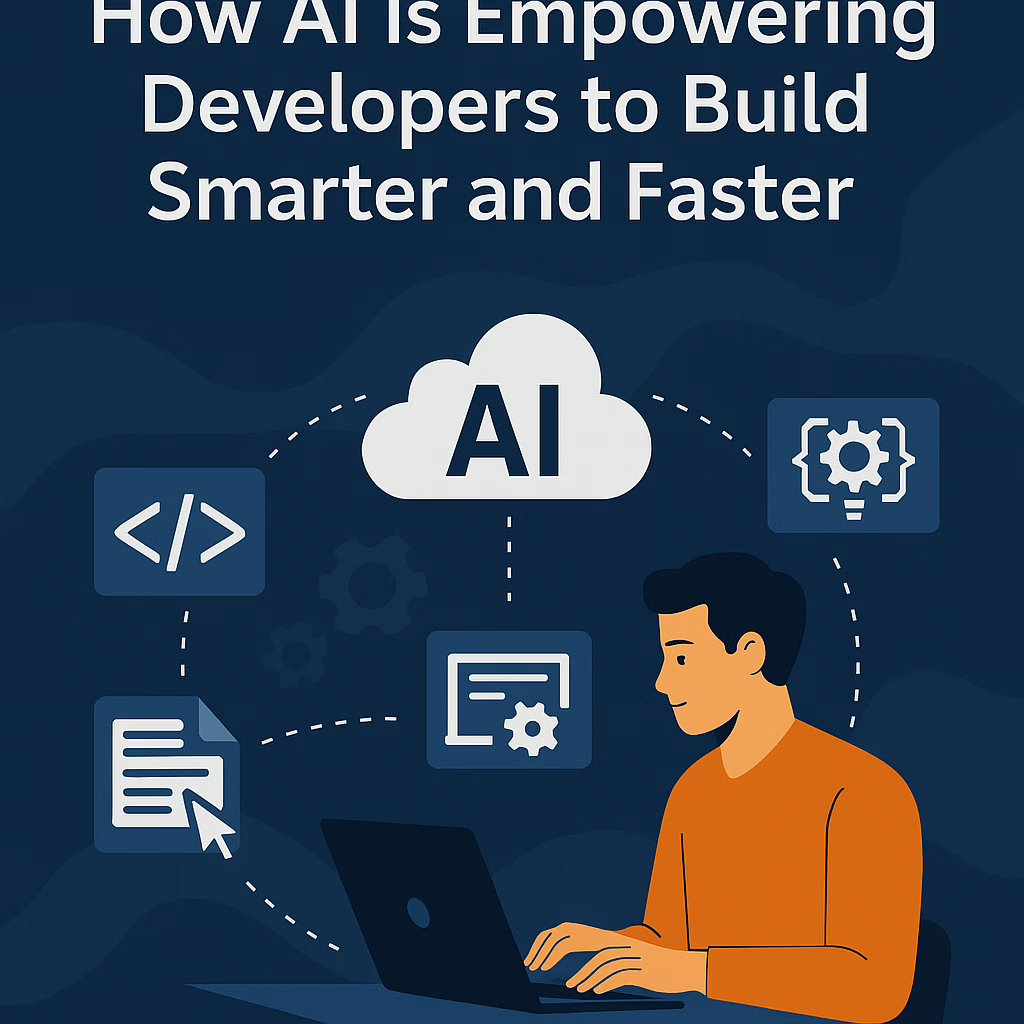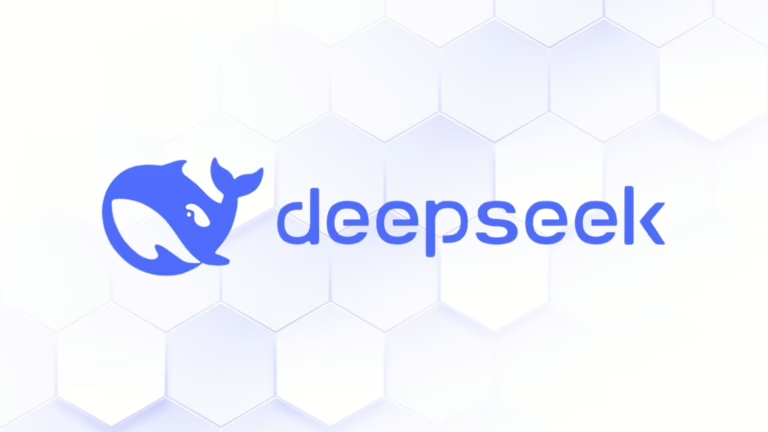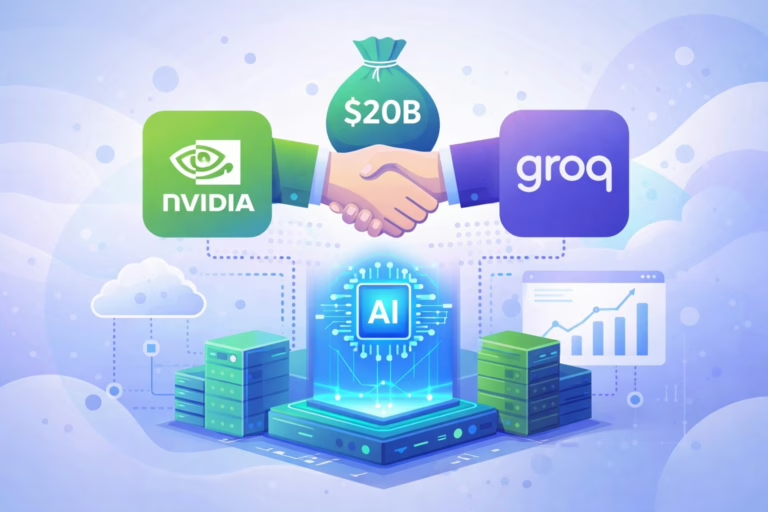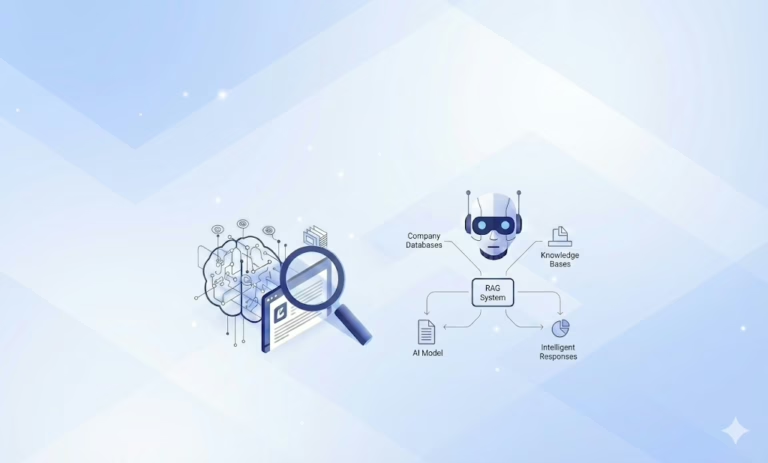In 2025, the line between writing code and building products is blurrier than ever. AI tools have become trusted companions in modern development workflows, giving rise to a new kind of software professional — not just developers, but builders.
This shift isn’t about abandoning traditional engineering, it’s about evolving it. In this article, we explore how AI is transforming how developers work, what skill sets matter most now, and why the best teams are combining smart tools with serious technical judgment.
The Rise of the Builder Mindset
The “builder” label is gaining popularity in tech circles, especially among startups and product-led teams. It represents a shift toward developers who:
Work across full product stacks, not just code silos
Leverage AI tools to accelerate delivery
Focus on outcomes , prototypes, user value, and product traction
As reported by Business Insider, tech leaders now look for people who can take an idea and make it real quickly, using a combination of domain knowledge, tools, and curiosity.
But this isn’t about replacing traditional development. It’s about broadening its scope.
How AI Tools Are Reshaping Development
AI is no longer a novelty in software development; it’s becoming a daily companion. Tools like GitHub Copilot, Amazon CodeWhisperer, Cursor, and Windsurf are now integral parts of the modern developer workflow. These tools aren’t meant to replace developers; they’re designed to help them code more efficiently, stay in flow, and reduce mental overhead.
Rather than spending time on boilerplate, repetitive logic, or digging through documentation, developers can use these AI tools to generate code snippets, surface relevant information from their codebase, and even receive suggestions for testing and refactoring. This creates space to focus on higher-level thinking, such as solving real user problems and refining application architecture.
Platforms like Cursor and Windsurf take it a step further by offering deep, context-aware interactions. Instead of guessing where a bug originates or searching across multiple files, developers can chat with their codebase and ask natural-language questions like “Where is this function used?” or “Why is this endpoint failing?” The AI provides answers with cross-file context, turning what used to be a time-consuming hunt into a quick feedback loop.
These tools don’t build your app for you, they remove the repetitive friction, giving you more time and energy to focus on product logic, system design, and user experience. In the same way IDEs revolutionized coding in the past, AI assistants are now becoming the second brain every developer needs.
AI Complements, Not Replaces, Core Developer Skills
There’s a popular narrative that AI is making traditional coding skills obsolete, that you’ll soon be able to build full applications just by describing them in plain English. While this vision may appeal to headlines, the reality on the ground is very different.
Most experienced developers, along with smart engineering teams, understand that AI is a powerful assistant, not a replacement. It can accelerate development, reduce boilerplate, and improve productivity, but it doesn’t eliminate the need for real technical expertise.
Here’s what’s actually happening:
Syntax still matters. While tools like Copilot can write functional code, it can also produce incorrect, insecure, or inefficient output. Developers must still understand syntax and logic deeply to debug, validate, and refine what AI generates.
System design is still critical. AI tools are great at generating code fragments, but they don’t think in terms of long-term architecture. They won’t design resilient systems, enforce clean service boundaries, or make strategic decisions about trade-offs between performance, scalability, and maintainability.
Debugging and refactoring require human insight. Even the best AI assistant can’t fully understand the real-world behavior of your app in production. Developers are still needed to trace logic, understand edge cases, and apply sound engineering judgment when optimizing or refactoring code.
In short: AI raises the bar for developers. It eliminates much of the grunt work, which means your value as a developer lies not in writing basic code, but in solving complex problems, architecting systems, and shipping real solutions with speed and confidence.
Why This Shift Matters for Startups and Tech Teams
For startups, small teams, and agencies, this new model is a game changer:
A smaller team can now build more — and faster
MVPs and proof-of-concepts are easier to ship and iterate
Founders and non-technical stakeholders can collaborate more effectively
The “builder” mindset empowers developers to move fluidly across roles such as coding, testing, integrating APIs, and deploying, while leaning on AI tools to fill in the gaps.
But none of this works without strong foundational skills and clear business goals.
How Novemind Helps Teams Build Better Software with AI
At Novemind, we help teams and companies turn ideas into reliable, scalable digital products — with speed and precision.
We embrace the best of both worlds:
AI-assisted development with tools like Copilot, Cursor, and Windsurf
Real developers who validate, scale, and secure the solutions
Modern architectures that support future growth and AI integration
Custom software platforms built around your product vision
Whether you’re launching a SaaS platform, building internal tools, or integrating AI into existing systems — we can help you ship smarter.




